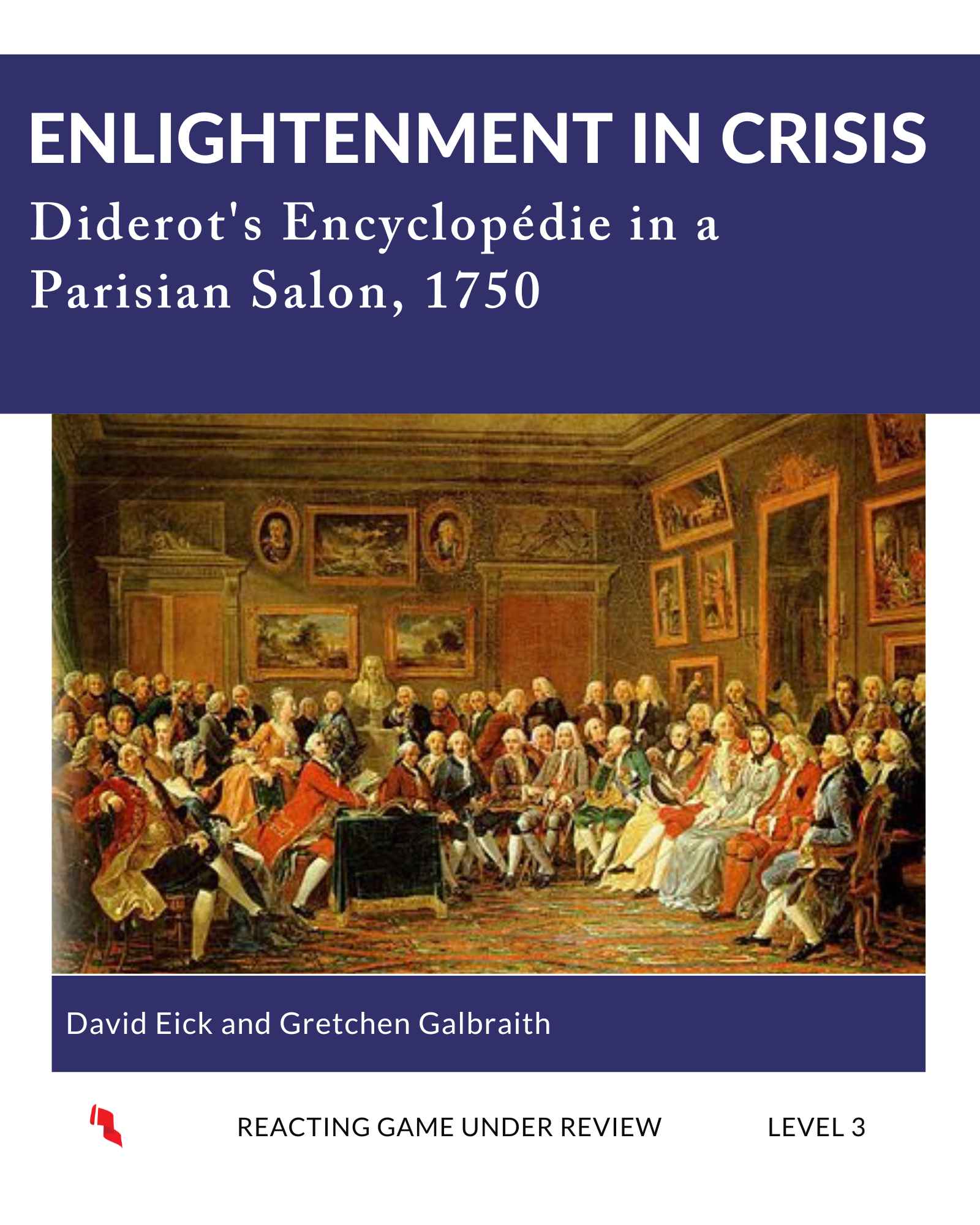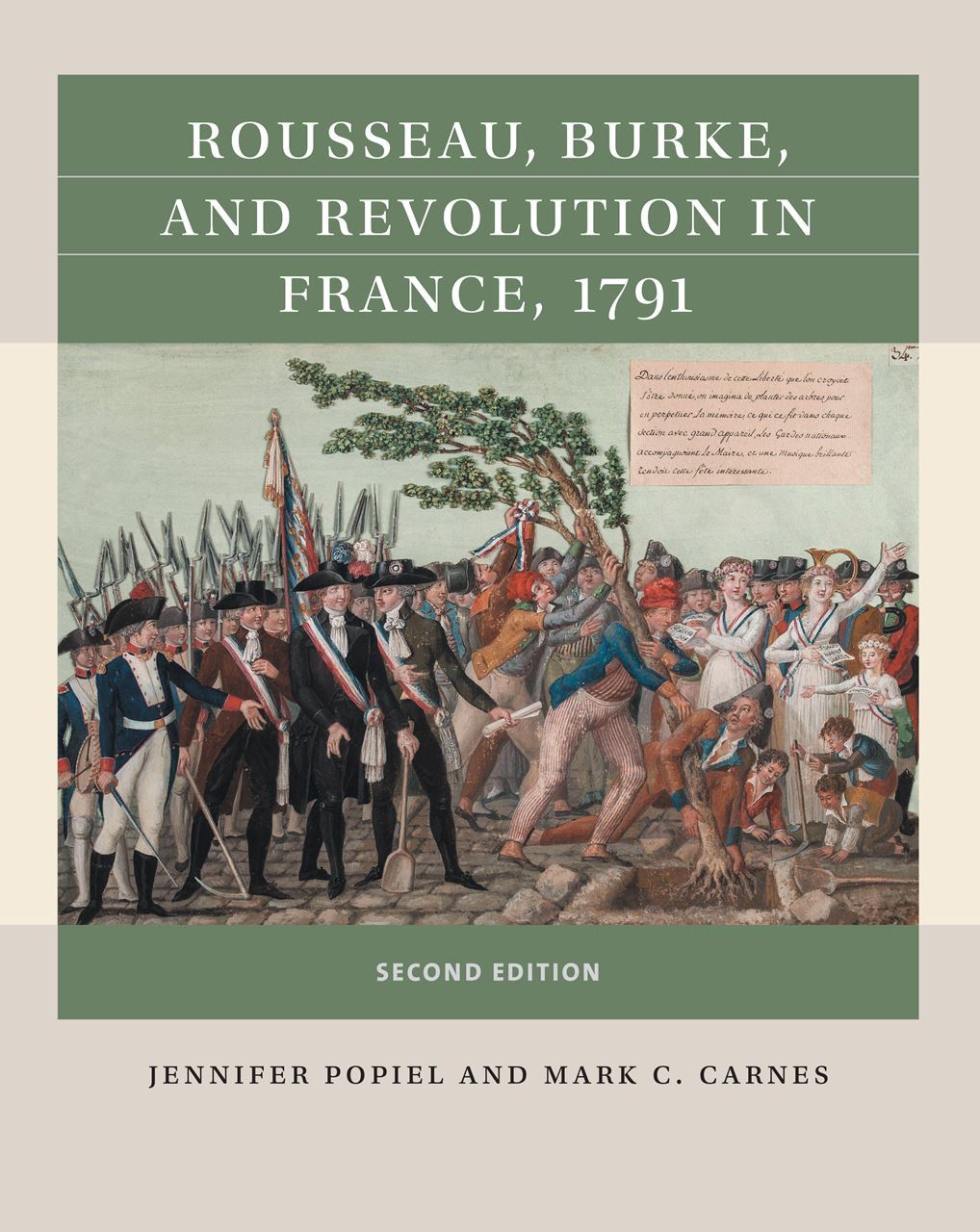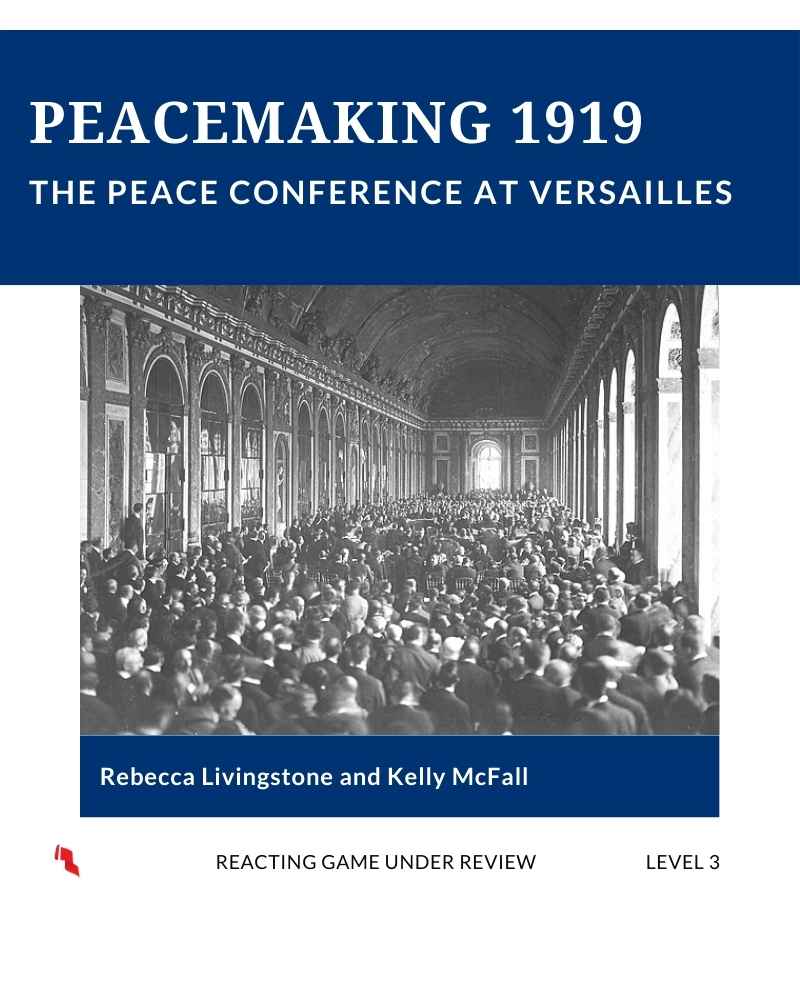 |
Play this game recently? | Restoring Europe after War and Revolution This is a Level 3 game that is still under development but has been approved by the Reacting Editorial Board (REB) for general use. A detailed explanation of the editorial process and game levels can be found on our REB Page. |
Details
|
Using the Game
Class Size and Scalability Class Time |
 GAME MATERIALS
GAME MATERIALS
Reacting Consortium members can download all game materials below. You will be asked to sign in before downloading.
Gamebook Students need a Gamebook, which includes directions, resources, and historical content. | Instructor's Manual The Instructor's Manual includes guidance for assigning roles, presenting historical context, assignments, activities and discussion topics, and more. | Role Sheets and Handouts Students also need a Role Sheet, which contains biographical information, role-specific resources or assignments, and their character's secret victory objectives. |
Additional Resources
Terry A. Breese
Terry A. Breese served three decades with the Department of State before retiring from the Senior Foreign Service in 2014. His career involved policy and leadership positions focused on both the Asia-Pacific region and U.S.-Canada relations. Mr. Breese was part of international negotiations involving trade, the environment, national security, and economic policy. Since 2015, he has taught diplomacy and U.S. Foreign Relations at the University of Central Florida as an Adjunct Professor. Mr. Breese holds a bachelor’s degree (summa cum laude) in economics from Miami University and a master’s degree in economics from Stanford University.
|
Phil Garland
Phil Garland is an adjunct History instructor at two schools in the North Carolina Piedmont, Wingate University and Central Piedmont Community College (Charlotte). He did doctoral work at the Institute for Napoleon and the French Revolution at Florida State University, where his focus was diplomacy. Research in Paris and Moscow gave him detailed knowledge of the men who would, once Napoleon had been defeated, attempt to bring about perpetual peace at Vienna. An old DM since the early days of Dungeons & Dragons in the 1970s, he has been an avid user of Reacting games since 2011. |
Members can contact game authors directly if they have questions about using the game. We also invite instructors join our Facebook Faculty Lounge, where you'll find a wonderful community eager to help and answer questions.
|
|
|



